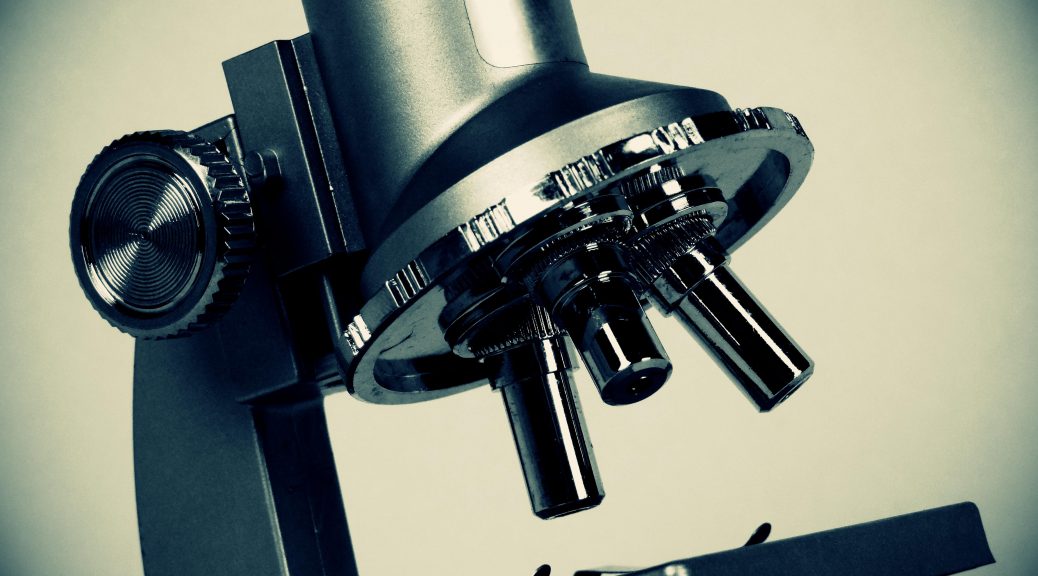
There is a big chance that abdominal complaints will occur in your life. For some people it can be for a few hours or days, but also a matter for months or even their whole life. Those people want to know the cause of these complaints. After consulting the doctor a feces research could be the next step. As there are many different causes for abdominal complaints there are also many different tests to be held. The disease Clostridium Difficile is one of them. It is a long term disease and quite common. It has been said that out of 10.000 new hospital patients, 15 show up having the disease. It is possible to treat this disease with antibiotics, but for 5% of the cases the infection of the intestines will return regularly. For those people a fecal bacteriotherapy is the only solution. The treatment with fecal bacteriotherapy is being carried out for 3 to 4 times a month in the Netherlands. The doctors performing these treatments suspect that this will increase rapidly. LUMC prof. Ed Kuijper of the Department of Medical Microbiology: “The effectiveness of the Fecal Bacteriotherapy in patients with Clostridium difficile infection was established in 2013. Since then, the treatment is included in national and international guidelines. “
Stool research
Before the stool can be transplanted they first need to conduct research to the stool. The NDFB (Nederlandse Donor Feces Bank) is taking the task of conducting the research to deliver the feces to the Medical instances in the Netherlands. They created their own guideline. Liz Terveer, clinical microbiologist in education and coordinator of the feces bank: “We work with standardized protocols from screening the donor, reprocessing the feces to the transportation to the hospitals. The storage at -80 ⁰C and the issuance of the stool suspension. This way the doctor that receives the feces, can safely insert directly into the duodenum of the patient. Besides, the NDFB are also offering training to doctors who perform the fecal Bacteriotherapy. “
Help others with your feces
The NDFB is collecting healthy feces near the city Leiden in the Netherlands. More hospitals and countries should be able to conduct this medical intervention. Therefore they will need more samples. Prof. Kuijper: “Feces donation is not fully established yet, like giving blood it is. I think it’s a matter of getting used to. Donors offer patients the chance of an accessible and safe treatment against invasive disease. “
You will find the best feces collector at https://www.excretas.com/. Excretas Medical ships over the whole world.